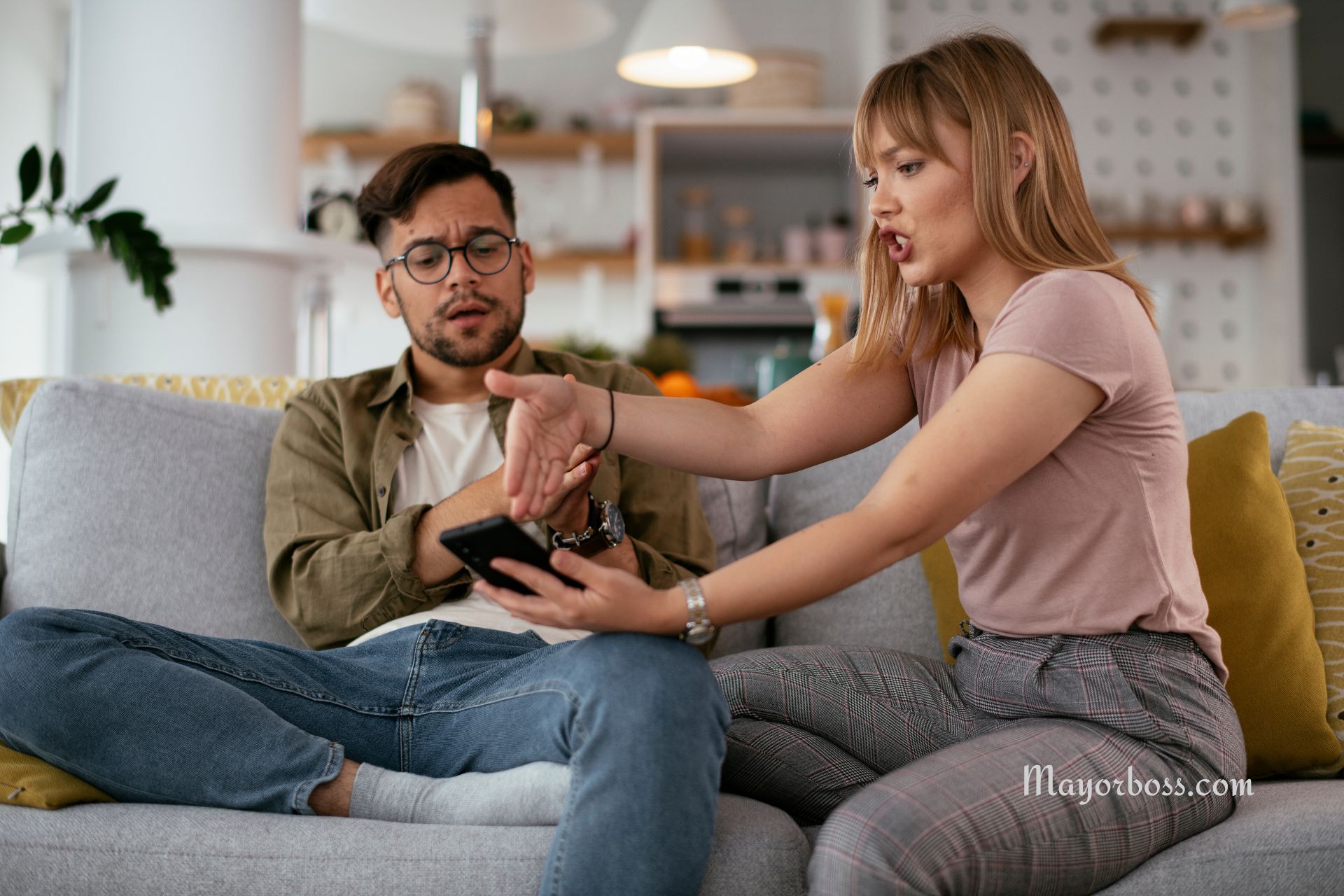7 Proven Tips to Get Your Partner to Listen to You
Relationships thrive on good communication. Yet, how often do you feel like your partner just isn’t listening? It’s frustrating, isn’t it? But don’t worry—you’re not alone. Many people experience this, and there’s a lot you can do about it. Here are seven proven tips to help you get your partner to listen to you.

Make Your Intentions Clear Before Starting the Conversation
You know how it feels when someone starts talking to you without giving you a heads-up? It can catch you off guard and make it harder to focus. The same goes for your partner.
So, what can you do? Before going into a serious conversation, let your partner know that you’d like to talk. This gives them time to prepare mentally and emotionally. You might say, “I need to talk about something important. Is now a good time?” This simple step can make a huge difference.
Use “I” Statements Instead of “You” Statements
When you’re upset, it’s easy to start with accusations. But beginning a sentence with “You always…” or “You never…” can put your partner on the defensive. Instead, use “I” statements.
For instance, say, “I feel hurt when…” or “I need you to…” This shifts the focus from blaming your partner to expressing your feelings and needs. It’s a more constructive way to communicate and helps keep the conversation positive.
Be Specific and Avoid Generalizations
Generalizations like “You never listen to me” or “You always ignore what I say” can make your partner feel attacked. Instead, be specific about the issue at hand.
For example, “I felt ignored last night when I was talking about my day, and you were on your phone.” This gives your partner a clear understanding of what bothered you and why. Specific examples make it easier for your partner to understand and address the problem.
Practice Active Listening Yourself
Ever notice how we expect others to listen, but we might not be great listeners ourselves? Active listening generally involves giving your full attention, nodding, and responding thoughtfully.
When your partner speaks, show that you’re listening. Put down your phone, make eye contact, and acknowledge their points. Phrases like “I understand” or “That makes sense” show that you’re engaged. This not only sets a good example but also encourages your partner to reciprocate when it’s your turn to talk.
Create a Distraction-Free Environment
It can be challenging to have a meaningful conversation in a noisy or busy environment. Distractions like TV, phones, or even a cluttered space can interfere with listening.
So, find a quiet, comfortable place to talk. Turn off the TV, put your phones on silent, and ensure you’re both physically and mentally present. This generally creates a conducive environment for useful communication.
Be Patient and Give Them Time to Respond
Sometimes, when we’re eager to be heard, we might rush our partner to respond. This can make them feel pressured and less likely to engage.
Patience is key. After expressing your thoughts, give your partner time to process and respond. Silence can feel uncomfortable, but it’s an important part of the conversation. Allow them the space to think and articulate their feelings. This shows respect for their perspective and encourages a more meaningful exchange.
Show Appreciation When They Do Listen
Positive reinforcement works wonders. When your partner listens and engages with you, acknowledge it.
A simple “Thank you for listening” or “I appreciate you taking the time to hear me out” goes a long way. This reinforces the behavior and makes your partner more likely to listen in the future. Everyone likes to feel appreciated, and this small gesture can strengthen your communication and relationship.
Frequently Asked Questions
How can I improve communication in my relationship?
Improving communication involves being clear, specific, and respectful. Use “I” statements, actively listen, and create a distraction-free environment for conversations.
What if my partner still doesn’t listen after trying these tips?
If your partner continues not to listen, it may be helpful to seek couples counseling. A therapist can provide strategies and mediation to improve communication.
Can active listening improve my relationship?
Yes, active listening can significantly improve your relationship. It shows respect, fosters understanding, and strengthens the emotional connection between partners.






